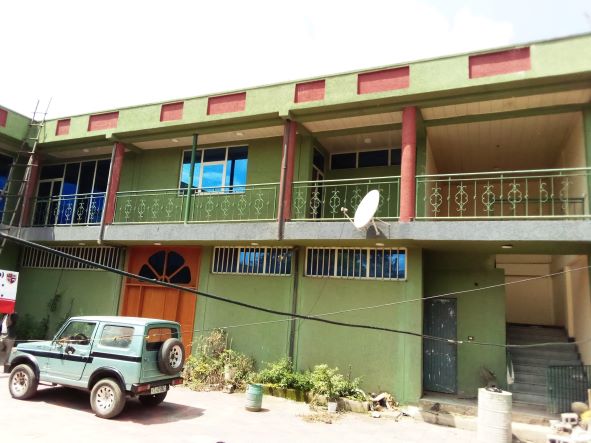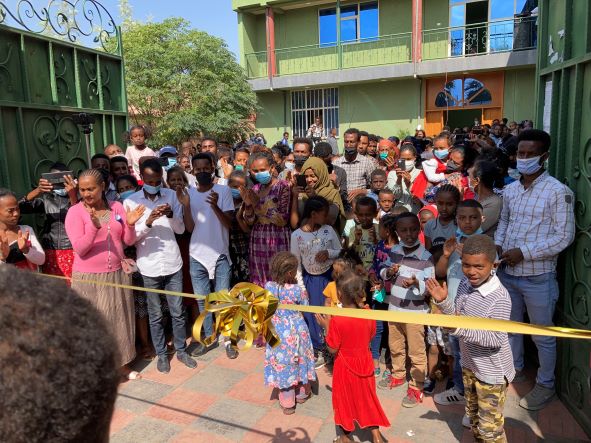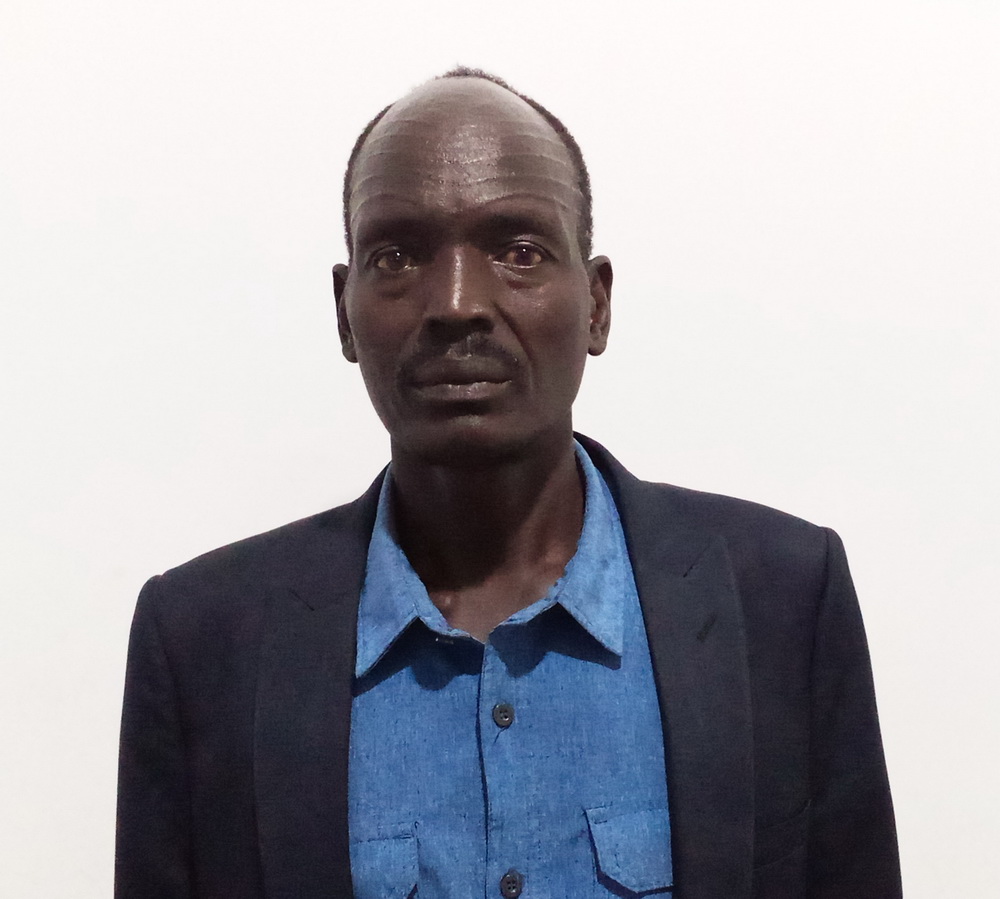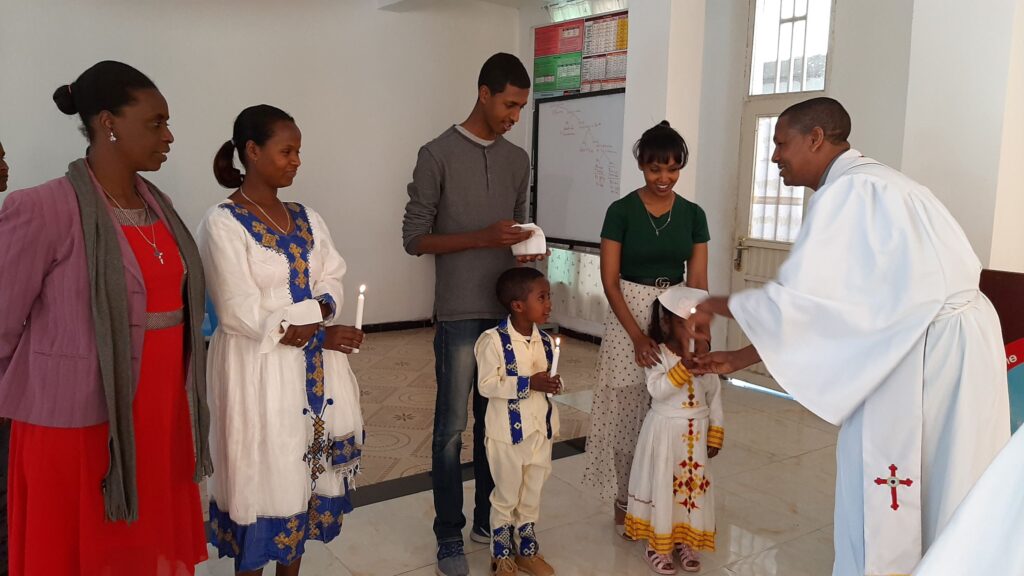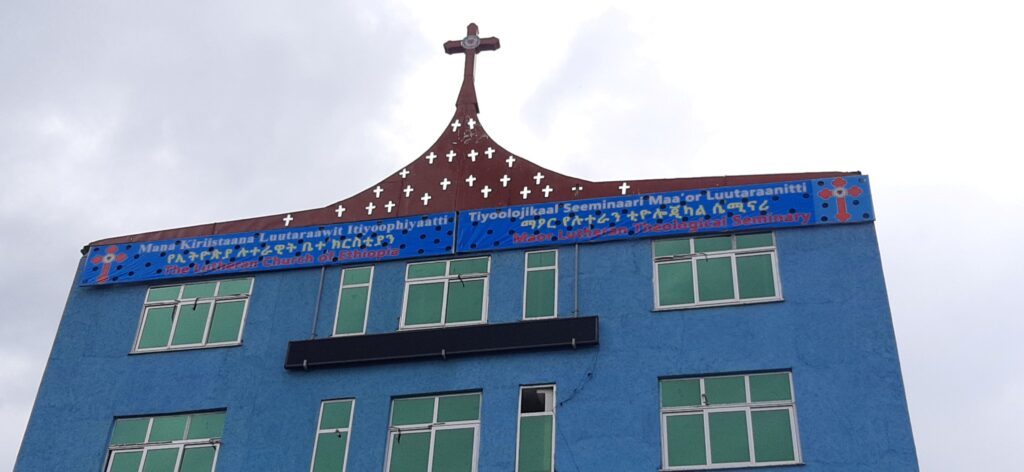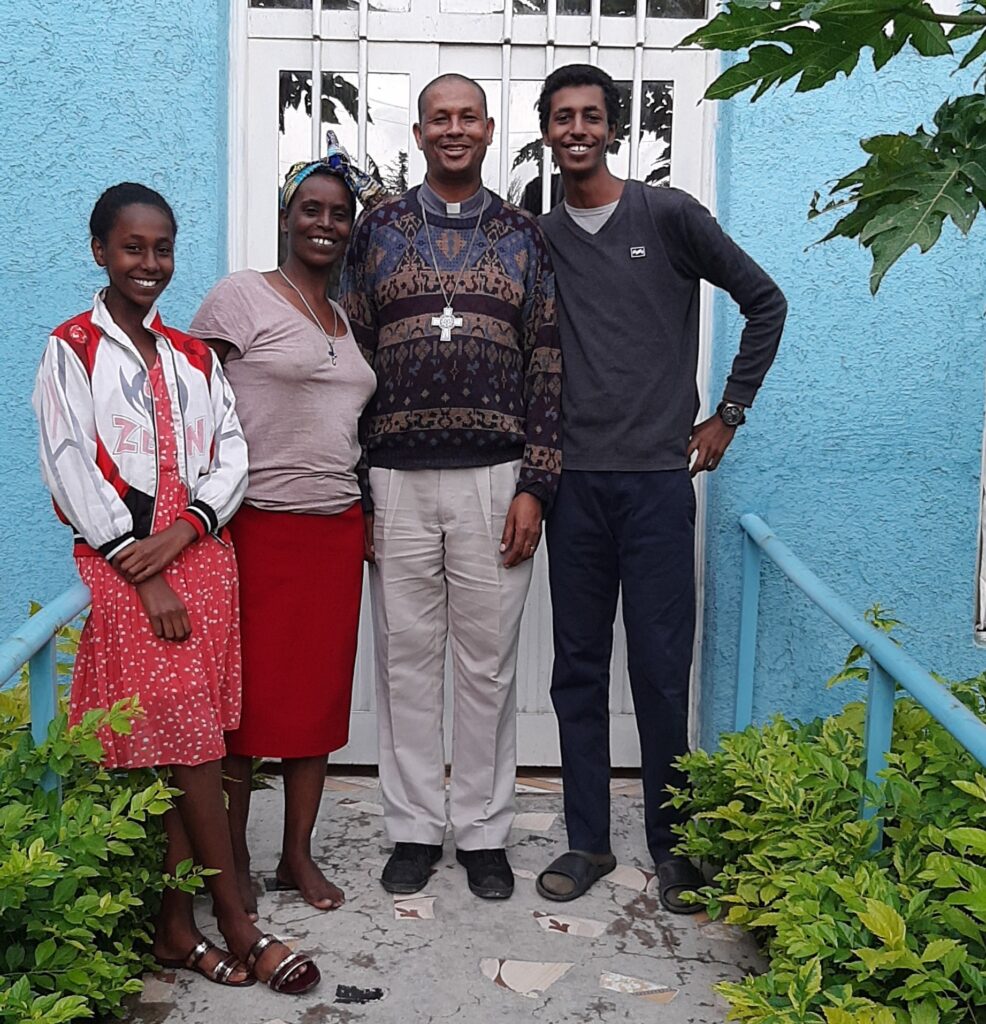How did you Become a Christian?
How did you become a Christian? When did it happen? Were there other people who helped you to know Christ?
A few weeks ago, I had the privilege to visit Ethiopia. The main reason for my visit was to teach a course on St. Paul’s Letters to Timothy and Titus. The course was intended primarily for young men who are preparing to be pastors in the Lutheran Church of Ethiopia (LCE). There were seven students in the class.
When I arrived, I asked each student to share his story. How did you become a Christian? When did it happen? Were there other people who helped you to know Christ? All of them had interesting stories. One student is the son of the LCE’s one and only pastor. He didn’t ask to be born into that family, but he was. And that is how he became a Christian. Another student was a Sudanese man who came to Ethiopia as a refugee. His mother and father were not Christian, but he learned about Jesus from his uncle, a man who is now a pastor in the WELS. That’s how he became a Christian.
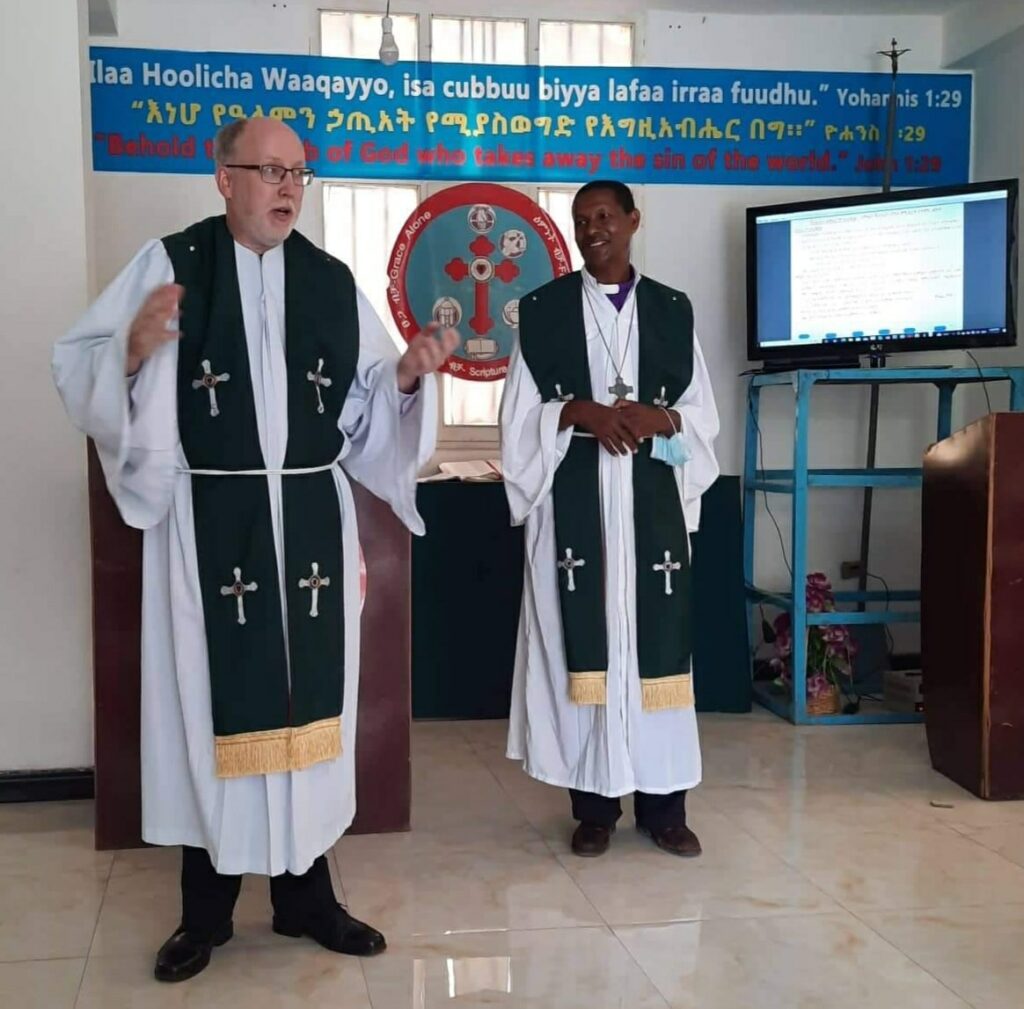
I shared my story, too. A father who was my seminary professor, who taught me so many ‘big religious words’ and deep truths about the scriptures that I can’t possibly remember all of them. A mother who led me in my bedtime prayers, prayers that were so foundational to my spiritual development that I can’t possibly forget even one of them. And that’s how I became a Christian.
All of us told very different stories, but one thing was the same in every one of them. We were all so grateful to God for the people who helped us to know Christ.
St. Timothy had a story, too. His father was a Greek who almost certainly did not believe in Jesus. But Timothy’s mother was a dedicated Christian, and his grandmother was, too. That’s how Timothy became a Christian. Paul wrote in his Second Letter to Timothy, “I am reminded of your sincere faith, which first lived in your grandmother Lois and in your mother Eunice and, I am persuaded, now lives in you also. For this reason, I remind you to fan into flame the gift of God, which is in you” (2 Timothy 1:5,6).
How can we thank God for those who shared the word of God with us? And how can we honor those who have led us to faith in Christ? St. Paul tells us how. ”Continue in what you have learned and have become convinced of because you know those from whom you learned it” (2 Timothy 3:14).

For about two weeks, the students and I studied the word of God in the Letters to Timothy and Titus. We grew in our understanding of the gospel. We honed our abilities to share God’s word with others and lead people to Christ. That’s the best way to thank God for his blessings.
When people tell their stories and thank God for those who helped them to know Christ, how many people will thank God for you?
Mark Panning lives in Malawi and is the One Africa Team Field Liaison to the Lutheran Church of Ethiopia
Please pray for those working in fields that are ripe for harvest. Share their story, engage with future news and receive updates. Learn more about our mission fields in Africa and how the Holy Spirit is working faith in people’s hearts at https://wels.net/serving-others/missions/africa
